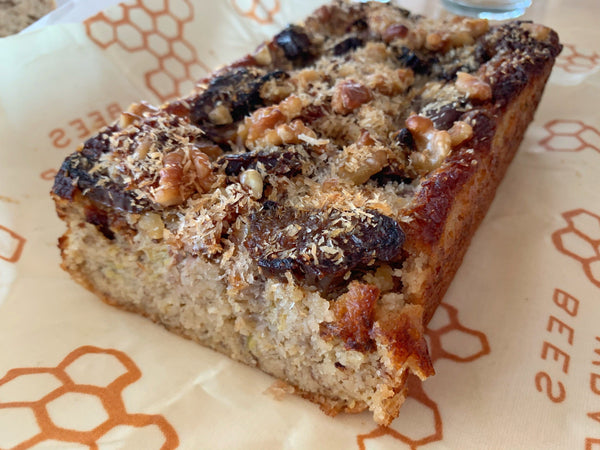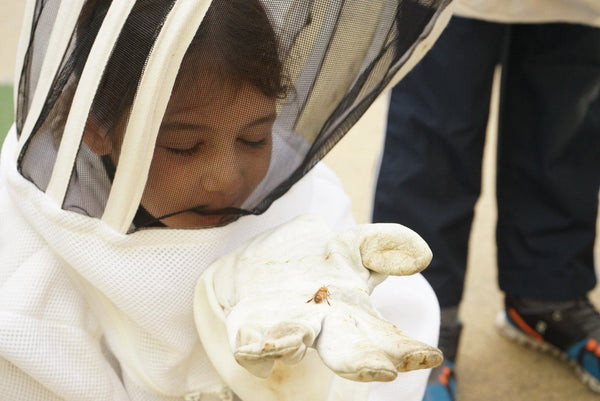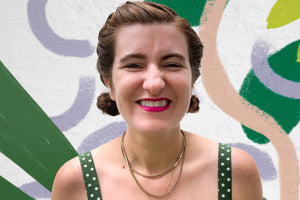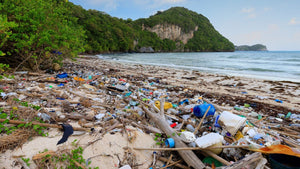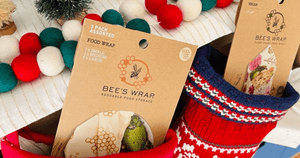Snapshots: blue ledge farm

It's early spring at Blue Ledge Farm in Salisbury, Vermont. There's cheese to be made, goats to be tended — and if the day allows for it, sunshine to be savored. With spring finally here, everyone at Blue Ledge, the farmers and the goats alike, are grateful for the shift in seasons.



Hannah Sessions and Greg Bernhardt met while studying abroad in Florence; fresh out of college, the then 23-year-olds shared a dream to raise goats and make cheese. They bought an old dairy barn in Vermont's rural Champlain Valley, converted a barn that once held Holstein cows into a home for a herd of Alpine and LaMancha goats, and began making fresh chèvre.


Partners in business and life, Greg and Hannah tag-team on the farm: She manages the goats (they milk about 125 at any given time), he the cheese (11 varieties in total). They're both visual artists as well, painters who exhibit in Vermont galleries and beyond.


Farmers like Hannah and Greg embody the kind of care for food, animals, and the land that inspires us. Their 150-acre farm is conserved with the Vermont Land Trust, which means the land will never be developed; the farm also uses a biomass furnace to heat the farmhouse, cheese house, and barn, and solar panels provide much of the farm's electricity.


Meanwhile, the goats spend three seasons grazing on pasture and in the woods before bedding down at night in the barn. The goats' manure is composted, then applied to the fields, completing the nutrient cycle from grass to goat to grass again.



These are farmers who care for their animals, for the land, and for making good food. (If you have a chance to snap up a piece of Blue Ledge Farm cheese, we highly recommend it.)


We live in a place where our food is close at hand — where we pass farm stands and freshly planted fields on the way to work, where we know the people who raise our meat and eggs and, in the case of Blue Ledge Farm, our cheese. We began making Bee's Wrap with a simple premise: Good food deserves good care. When you care about the food you consume — where and how it's grown, who makes it, and how it's prepared — you begin to care about everything that touches it.


